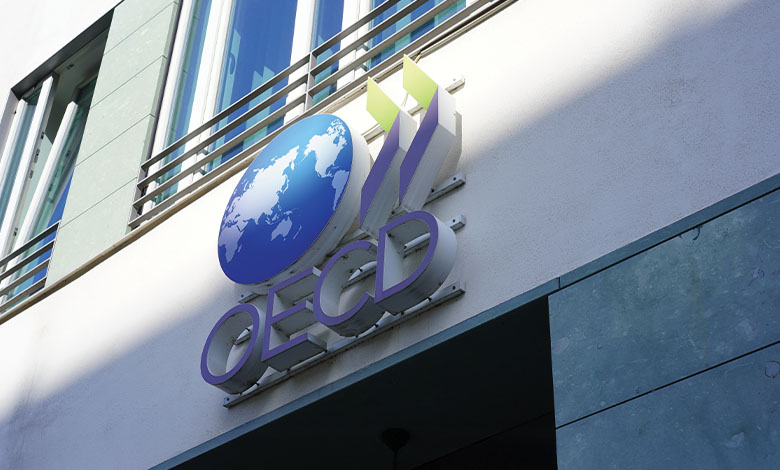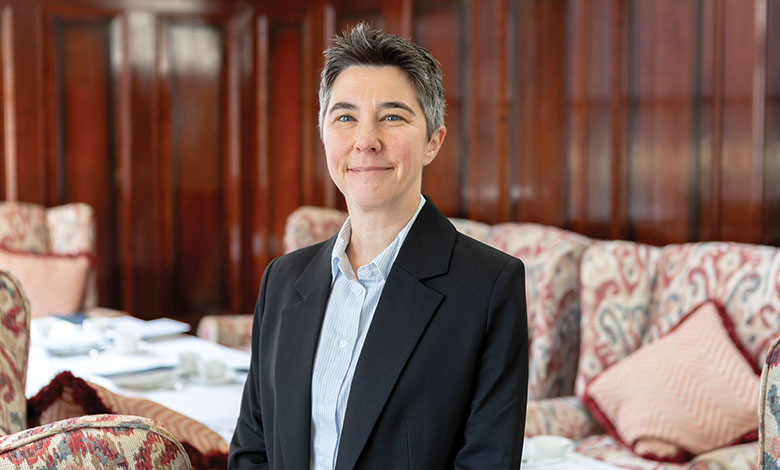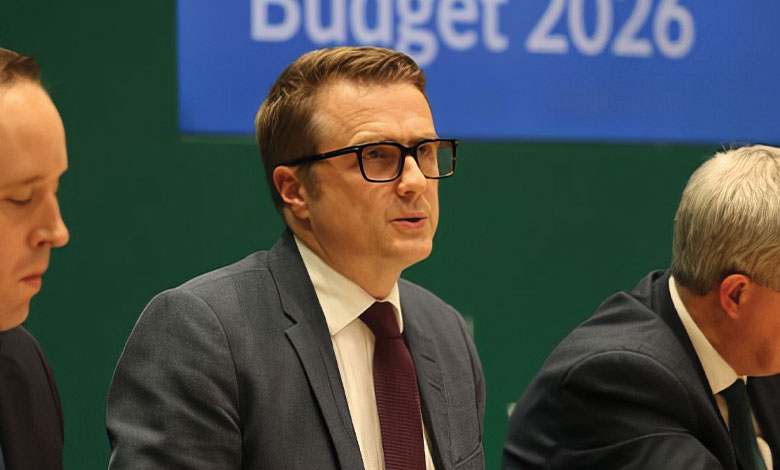
Planning permissions continue to rise but unused permissions a challenge
25th October 2022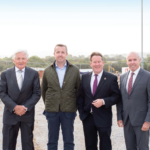
Delivering cost rental and Project Tosaigh
25th October 2022Housing for All ‘on track’ for 2022 targets
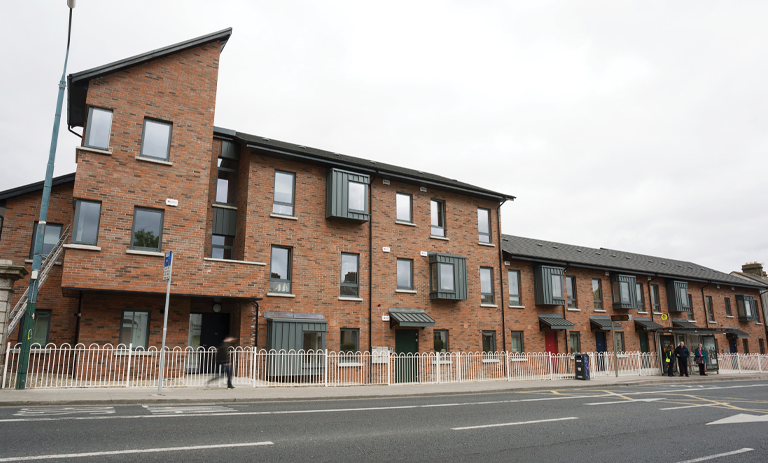
With 17,000 new homes having been delivered since the official beginning of the Housing for All programme in September 2021, the Government’s Q2 2022 progress report for the programme states that it is “on track to deliver the 2022 target of 24,600 new homes”, although only 53 per cent of measures due for the quarter were fully delivered.
Of the 213 actions due for implementation under the Housing for All plan, 156 of these have been delivered or progressed, with a total of 30 measures due for delivery in Q2 2022. However, 16 of these, 53 per cent, were delivered on schedule, leaving 14 measures delayed, although the Government notes in its progress report that “significant progress has been made on the majority of these”. This marks a fall in the rate of delivery for the quarter when compared to Q1 2022, when 13 out of 20 measures due for delivery, 60 per cent, were delivered. It must be noted that of the 30 measures due for completion, 12 of these had been carried over from previous quarters in which their implementation was not achieved, with quarters three and four of 2021 having had delivery rates of 91 per cent and 68 per cent respectively.
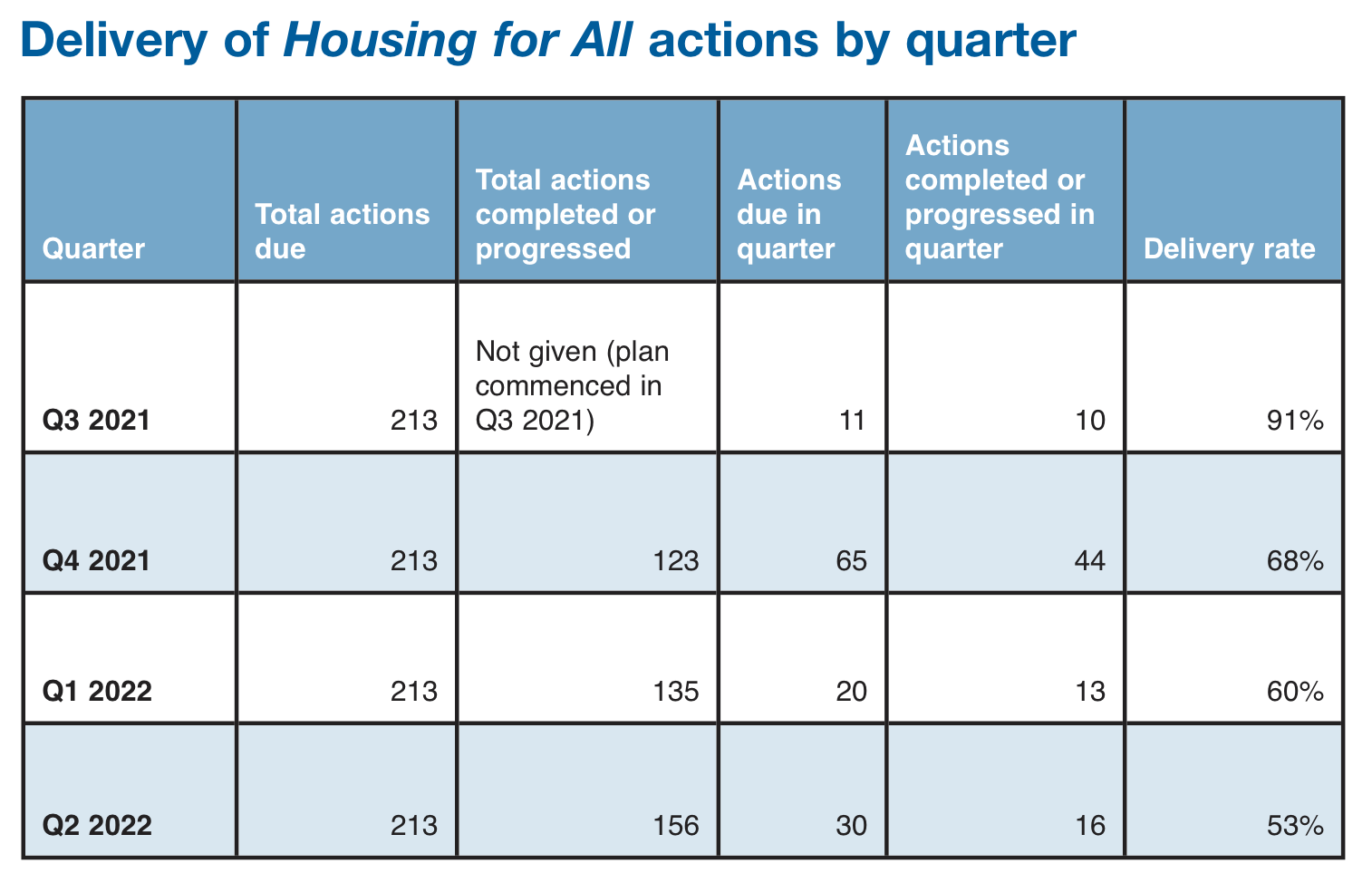
Among the actions that have been delayed in Q2 2022 are:
- • the provision of additional resources to the Residential Tenancies Board (RTB) in order to make trained RTB facilitators available to intervene at the early stages of disputes, initially due in Q2 2022, now revised to Q4 2022;
- the preparation and publication of standards guidelines for the development and refurbishment of emergency accommodation, initially due for Q2 2022, now revised to Q3 2022;
- the provision of support to the Dublin Region Homeless Executive to pilot a scheme to convert local authority and AHB-owned emergency accommodation into own-door permanent social housing, initially due for Q2 2022, now revised to Q4 2022;
- the finalisation of a health care model for people experiencing homelessness, initially due for Q2 2022, now revised to Q3 2022;
- • legislation for the increase of borrowing capacity of the Housing Finance Agency to €12 billion, initially due for Q2 2022, now revised to Q4 2022; and
- the retrofitting of 2,400 social homes, initially due for Q4 2021, now revised to Q4 2022.
Among the highlights of successful implementation pointed to by the Government is the launch of the €50 million Croí Cónaithe (Towns) Fund that “will support bringing vacant and underused buildings in our towns and villages back into residential use”. The fund will be delivered through local authorities who will provide grant support to those seeking to turn a formerly vacant house or building into a permanent home, “furthering the aim to create town centres that function as viable, vibrant and attractive locations for people to live, work, and visit”. Originally intended for launch in Q4 2021, the scheme will provide grants of up to €30,000 will be available for refurbishment of the building, which will include the conversion of buildings that were not previously used as homes. A further maximum top-up grant of €20,000 will be available for buildings that are derelict.
A further highlight pointed to by government is the establishment of the First Home Shared Equity Scheme, an “affordability measure” that will allow “approximately 8,000 households to bridge an existing affordability gap by providing buyers with part of the purchase price for their home, in return for the scheme taking an equity stake in the purchased home”. The €400 million scheme is being supported by the Government and participating mortgage lenders, with the maximum stake the scheme will take in a given home to be 30 per cent, or 20 per cent if the buyer avails of the Government’s Help to Buy incentive.
Housing delivery
The progress report also includes details of new housing completions, with it said that 17,000 homes have been delivered since the launch of Housing for All in Q3 2021. The plan aims for the delivery of 312,750 homes between 2022 and 2030, an average of 33,000 homes per year. As 2022 is the first year of the plan and Ireland is still recovering from the record low numbers of houses constructed per annum seen in the 2010s, the target for 2022 is a total of 24,600 homes.
To this end, Q1 2022 saw the completion of 5,669 homes, the commencement of 6,977 homes and planning permissions for a further 8,463 homes were granted. The completion figures show a 44.5 per cent increase from the 3,923 homes that were completed in Q1 2021, although this comparison must of course be caveated with mention of the fact that Covid-19 restrictions were still in place in 2021. The figures are also, however, a 15.1 per cent increase on Q1 2020, the last pre-pandemic quarter where construction was unaffected. 1,109 new social homes were among those delivered in Q1 2022, including 639 new builds.
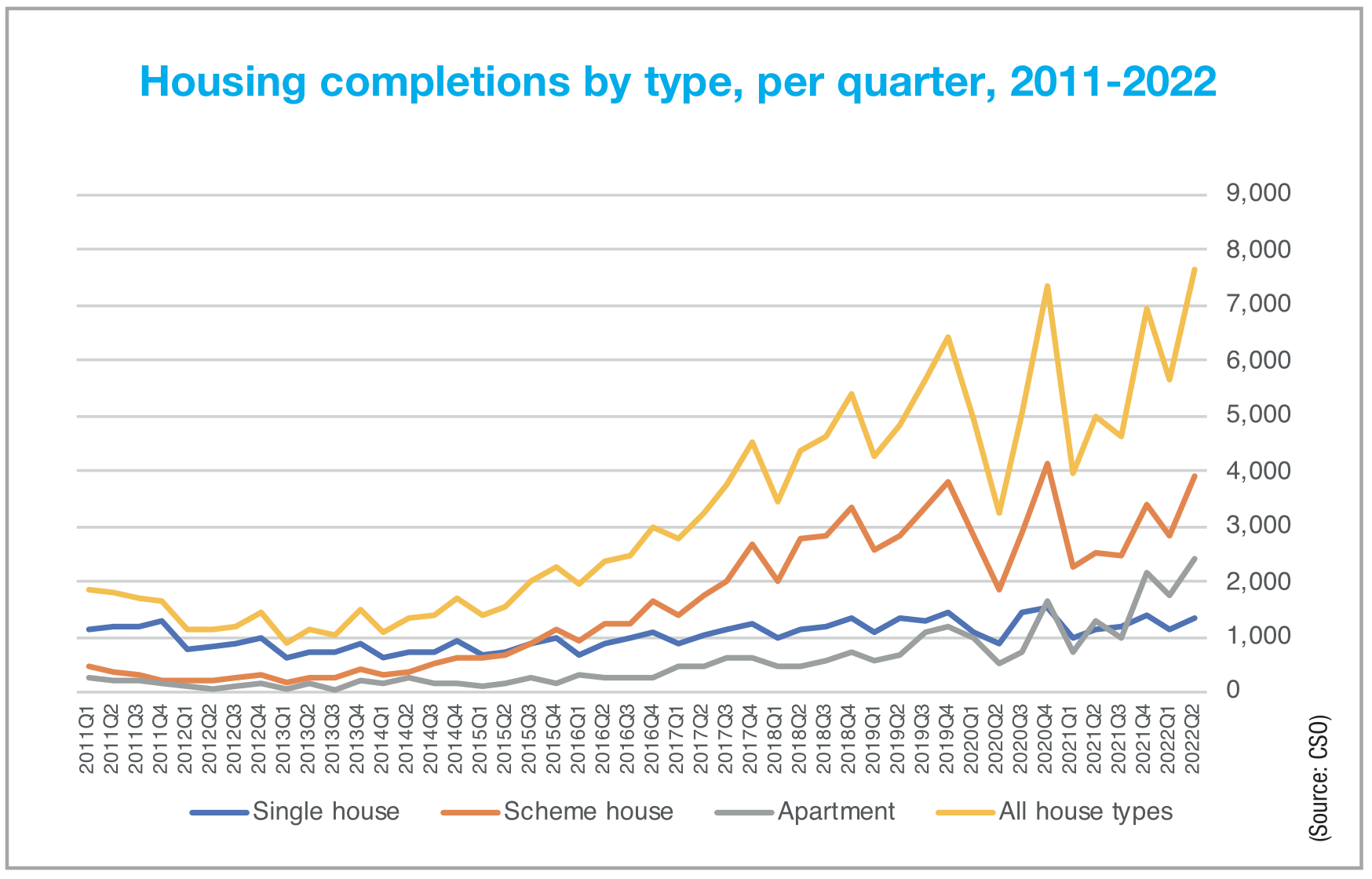
“According to analysis carried out”, the report states that Housing for All’s delivery targets for 2022 “will be met”. While a simple multiplication of Q1 completion data obviously brings up a figure short of 24,600, two things need to be borne in mind: delivery under Housing for All does not only include the provision of new builds, although this is the bulk of delivery, but also the acquisition of existing housing and the provision of it through social housing, and Central Statistics Office (CSO) data shows a clear pre-Covid trend of Q1 recording the lowest completion total of the year. Every year in the period 2013-2019 saw Q1 record the lowest total of completions in its given year, a trend returned to in 2021, although again this must be caveated with the acknowledgment of Covid restrictions in that particular quarter.
CSO data for completions in 2022 differs slightly from the Housing for All progress report, with total new home completions in Q1 2022 recorded as 5,662 rather than 5,669. However, in keeping with government predictions and with the aforementioned trend of the ramping up of construction volume throughout the year, the CSO’s completions data for Q2 2022 shows a total of 7,654 homes, a 35 per cent quarterly increase and a 53 per cent year-on-year increase from Q2 2021.
CSO data also shows an annual increase of 2 per cent in the total number of dwellings granted planning permission in Q2 2022, a total of 11,374 units, comprising of 60 per cent apartments. However, worryingly, the CSO’s Build and Construction Index found output to be down 4.5 per cent in Q2 2022 on a quarterly basis, although it had still increased by 3.2 per cent on an annual basis. The residential building sector recorded a quarterly decline of 2.9 per cent in its seasonally adjusted output, and a 15.2 annual increase.
Housing for All is a plan that seeks to address not only Ireland’s housing provision crisis, but also its housing price crisis, and on that basis the CSO’s data for July 2022 will have made for grim reading for the Government: July 2022 saw the Residential Property Price Index exceed its peak value recorded in April 2007 by 0.8 per cent, with the median price for a residential price recorded at €295,000.
While the Government’s predictions are most likely accurate in that the 2022 targets for Housing for All will be reached, the figures tell the other side of the story: there is much still to be done.



